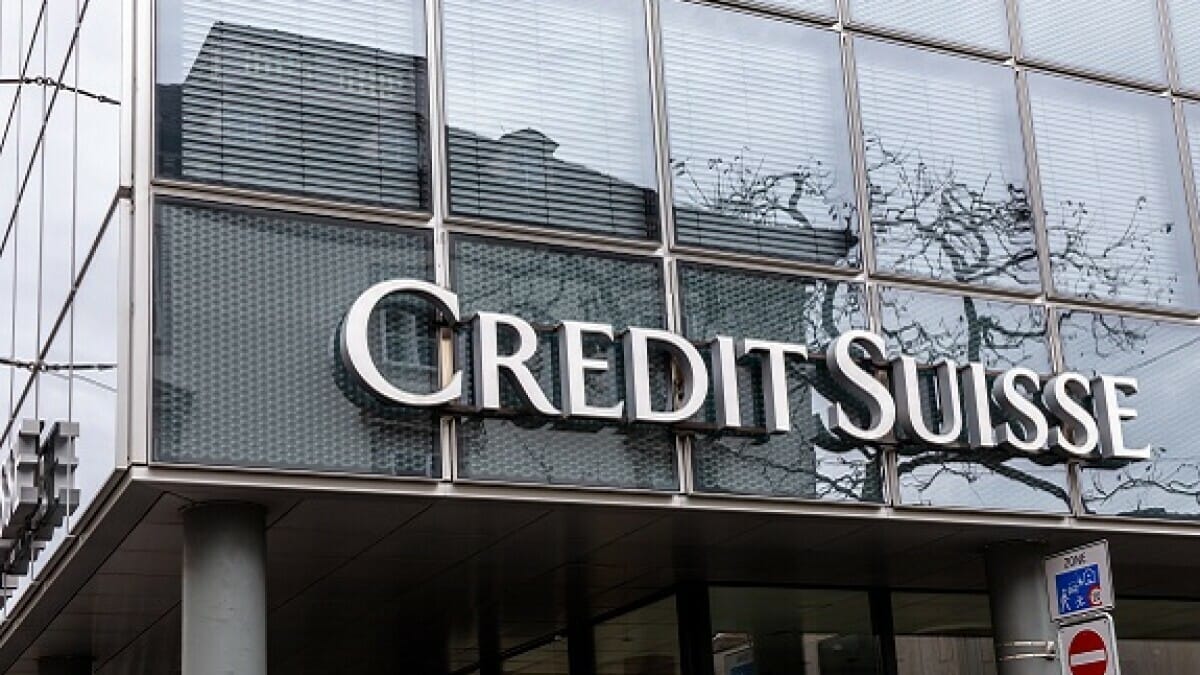Here’s what we have for you today:
• SVB’s darkness
• Ken Griffin’s view
• Tarnished Credit Suisse
Disgraced Silicon Valley Bank

The start: Created in 1983, Silicon Valley Bank, which presented itself as a “partner for the innovation economy,” offered higher interest rates on deposits than its larger rivals, to attract customers. The company then invested the clients’ money in long-dated Treasury bonds and mortgage bonds with strong returns.
This scheme had worked in the past. The bank’s deposits more than doubled to $102 billion at the end of 2020 from $49 billion in 2018. In 2021, deposits increased to $189.2 billion.
Time’s up: Everything turned upside down when the Fed began to raise interest rates, which made existing bonds held by SVB less valuable. As a consequence, the bank had to sell the bonds at a discount to cover withdrawals from its customers.
Shop closed: The bank was closed on March 10, 2023 by regulators after depositors rushed to withdraw their funds, forcing it to sell Treasury bonds at reduced valuations.
Hedge fund Ken Griffin

His view: “The US is supposed to be a capitalist economy, and that’s breaking down before our eyes…there’s been a loss of financial discipline with the government bailing out depositors in full.”
He believes: Bailing out depositors of these banks sets the wrong precedent, and the move was unwarranted in the current circumstances given the US economy was strong enough to withstand any fallout.
Learn a Lesson? Ken said “Losses to depositors would have been immaterial, and it would have driven home the point that risk management is essential.”
Uncredible Credit Suisse

The review: Credit Suisse indicates that it has reviewed its financial reporting and has detected “material weaknesses” related to the accounts for the 2021 and 2022 fiscal years.
Internal failure: “Based upon its review and evaluation, the group’s management has concluded that, as of Dec. 31, 2022, the group’s internal control over financial reporting was not effective as it did not design and maintain an effective risk assessment process to identify and analyze the risk of material misstatements in its financial statements,” the organization stated.
Swiss Financial Market Supervisory Authority noticed: The house of cards began to crumble when Credit Suisse as investors (invested $10 billion of its clients’ capital in Greensill products.), had doubts about the real value of the debts from financier Lex Greensill, which then filed for bankruptcy in March 2021.
Lost credibility: This bankruptcy marked the beginning of a series of scandals that tarnished Credit Suisse’s reputation and weakened it.
